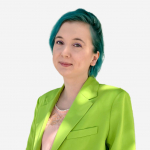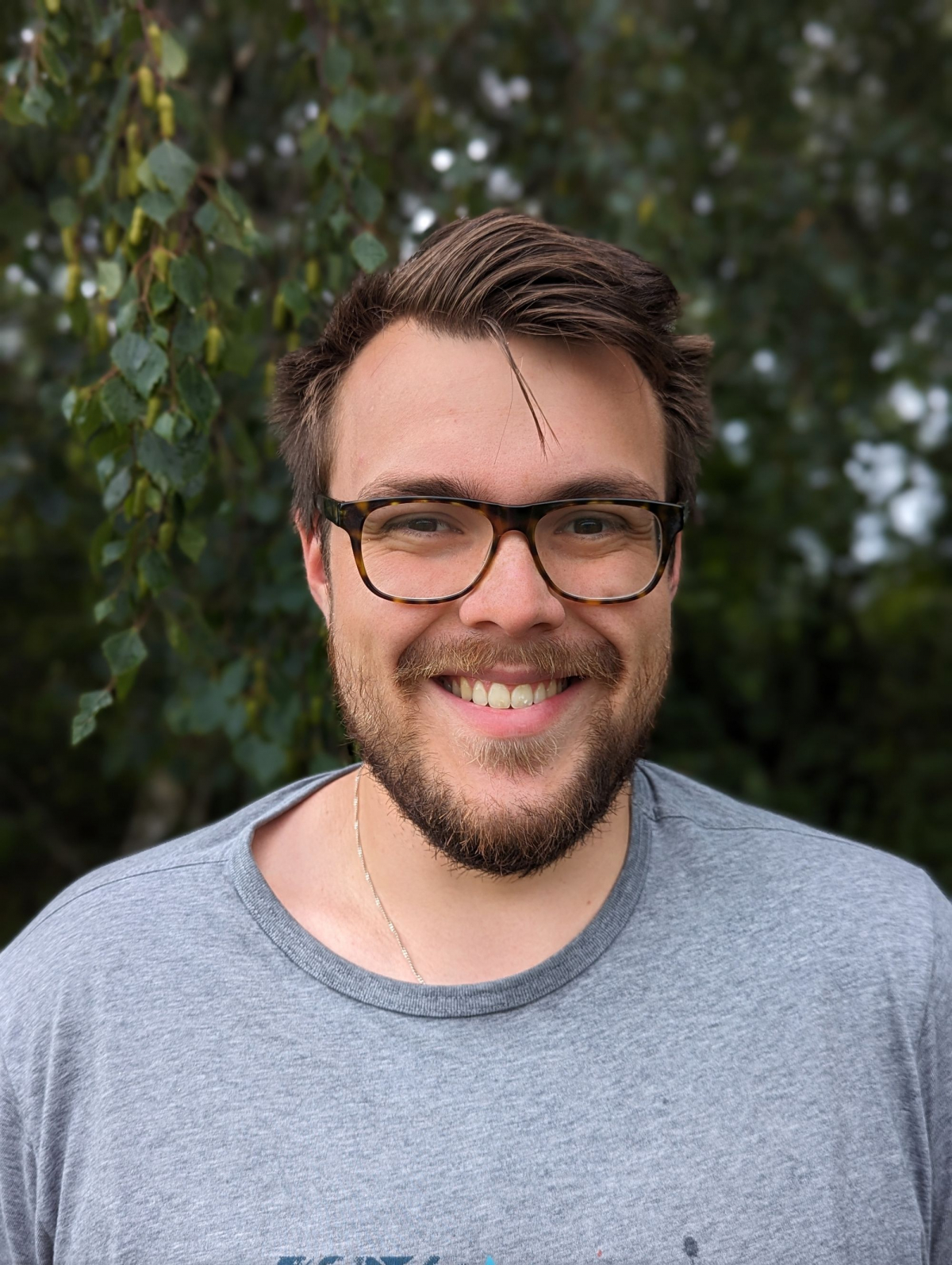Table of Contents
Text på svenska finns nedan ???
??
In this interview, Elias Faltin, the project coordinator at the Department for Game Design, looks into the challenges and breakthroughs of the Gamify Energy Communities (GECO) project. This initiative is dedicated to transforming rural community engagement on Gotland through design thinking and gamification, aiming to foster sustainable energy practices.
Project Origins and Objectives
The GECO project originated from a grant focused on behavioral change in energy usage, which Elias and his colleagues from Uppsala University and Energicentrum Gotland secured. Their proposal set the foundation for a project that blends Elias's background in game design with practical energy management solutions. The project's primary goal is to facilitate the creation and maintenance of energy communities in rural areas, enhancing group dynamics to improve the effectiveness and sustainability of these communities. Elias is interested in developing an app that supports productive group interactions, which could potentially spin off into a lucrative commercial venture.
Addressing Challenges and Adapting Strategies
The journey has not been without its challenges. The team initially underestimated the bureaucratic and logistical hurdles involved in setting up sustainable energy projects, such as solar farms. These challenges were exacerbated by the demographic makeup of rural Gotland, predominantly older populations, which introduced additional complexities to community organization and engagement.
Innovative Methods and Measuring Impact
Elias highlighted the project's adaptive approach to measuring its impact, which is crucial for accommodating the evolving needs of the community and refining their strategies accordingly. This flexible framework allows the team to tailor their solutions to the most effective outcomes based on ongoing community feedback.
Future Directions and Collaborative Efforts
Looking forward, Elias is enthusiastic about the practical applications of the project’s outcomes. He envisions creating digital games or other interactive tools that not only meet the immediate needs of Gotland’s communities but also serve as adaptable models for other regions. The project emphasizes collaboration, inviting diverse participation to ensure the solutions developed are inclusive and effectively address the energy challenges faced by rural areas.
??
I den här intervjun utforskar Elias Faltin, projektledare vid institutionen för speldesign, utmaningarna och framstegen med Gamify Energy Communities (GECO)-projektet. Detta initiativ är inriktat på att omvandla engagemanget i landsbygdssamhällen på Gotland genom design thinking och spelifiering, med målet att främja hållbara energipraktiker.
Projektets ursprung och mål
GECO-projektet startade med ett bidrag som fokuserade på beteendeförändring i energianvändning, vilket Elias och hans kollegor från Uppsala universitet och Energicentrum Gotland säkrade. Deras förslag lade grunden för ett projekt som kombinerar Elias bakgrund inom speldesign med praktiska lösningar för energihantering. Projektets främsta mål är att underlätta skapandet och underhållet av energisamhällen på landsbygden, förbättra gruppens dynamik för att öka effektiviteten och hållbarheten i dessa samhällen. Elias är intresserad av att utveckla en app som stöder produktiva gruppinteraktioner, vilket potentiellt kan leda till en lukrativ kommersiell verksamhet.
Hantera utmaningar och anpassa strategies
Resan har inte varit utan utmaningar. Teamet underskattade från början de byråkratiska och logistiska hindren för att etablera hållbara energiprojekt, som solkraftverk. Dessa utmaningar förvärrades av den demografiska sammansättningen i landsbygdsområden på Gotland, övervägande äldre befolkningar, vilket introducerade ytterligare komplexitet i organisations- och engagemangsarbetet i samhällena.
Innovativa metoder och mätning av påverkan
Elias betonade projektets anpassningsbara tillvägagångssätt för att mäta dess påverkan, vilket är avgörande för att möta samhällets föränderliga behov och finjustera deras strategier därefter. Denna flexibla ram gör det möjligt för teamet att anpassa sina lösningar för att uppnå de mest effektiva resultaten baserat på löpande återkoppling från samhället.
Framtida riktningar och samarbetsinsatser
Framåt ser Elias entusiastiskt på de praktiska tillämpningarna av projektets resultat. Han ser fram emot att skapa digitala spel eller andra interaktiva verktyg som inte bara möter Gotlands samhällens omedelbara behov utan också fungerar som anpassningsbara modeller för andra regioner. Projektet betonar samarbete, inbjuder till bred deltagelse för att säkerställa att de utvecklade lösningarna är inkluderande och effektivt adresserar de energiutmaningar som landsbygdsområden står inför.


